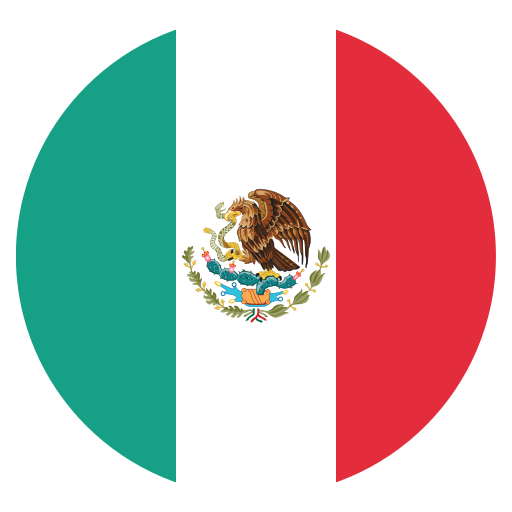Mexico faces multiple challenges on its path to strengthening productivity and sustainable economic development. Among these, four key factors stand out that require attention and coordinated action to improve the country’s economic outlook. These factors are digital connectivity, combating corruption, transition to renewable energies, and efficient management of water resources.
1. Digital Connectivity
Digital connectivity is crucial for linking the various regions of the country and supporting small and medium-sized enterprises (SMEs) in their integration with the global market. Despite recent investments in digital infrastructure, many areas of Mexico still lack access to high-speed internet and other digital services. Low broadband penetration limits opportunities for economic and social development, especially in rural regions.
Furthermore, the telecommunications sector in Mexico is highly concentrated, and oversight is dispersed among multiple government agencies and regulatory bodies. This administrative fragmentation can hinder progress toward broader and more effective connectivity. Improving digital infrastructure and increasing competition in the telecommunications market are essential steps to achieving greater digital inclusion.
2. Combating Corruption
The perception of corruption in Mexico remains high, despite significant efforts made to combat it. The National Anticorruption System is a key initiative, but there is still a need to strengthen anticorruption systems, especially at the state level. An effective strategy to reduce corruption includes increasing the proportion of public acquisitions made digitally and limiting the direct awarding of contracts. These measures can reduce opportunities for corruption and increase transparency in public management.
3. Transition to Renewable Energies
Maximizing the opportunities of nearshoring, the practice of relocating business operations close to home, requires a transition to renewable energies. Mexico has abundant renewable energy resources that can become a significant competitive advantage, especially in a world where decarbonizing production is increasingly important. However, currently, the proportion of electricity generated from renewable sources in Mexico is low.
Regulatory uncertainty has negatively impacted the private generation of renewable energies. Increasing the share of renewable energies in the energy matrix would not only reduce emissions but also mitigate Mexico's vulnerability to extreme weather events related to climate change.
4. Efficient Management of Water Resources
Efficient management of water resources is vital to ensure a reliable water supply and to protect the country’s limited resources. Effective water management can reduce risks and operational costs, promote environmental sustainability, and make Mexico a more attractive destination for nearshoring.
Water governance in Mexico is highly fragmented, complicating policy coordination and accountability. Better coordination and more coherent governance are necessary to optimize the use of water resources and improve long-term sustainability.
Conclusion
To boost productivity in Mexico, it is essential to address these four key factors in an integrated and coordinated manner. Improving digital connectivity, combating corruption, advancing the transition to renewable energies, and efficiently managing water resources will not only strengthen Mexico’s economy but also contribute to a more sustainable and equitable development for all citizens.
Source: Estudio Económico México 2024 - OCDE




